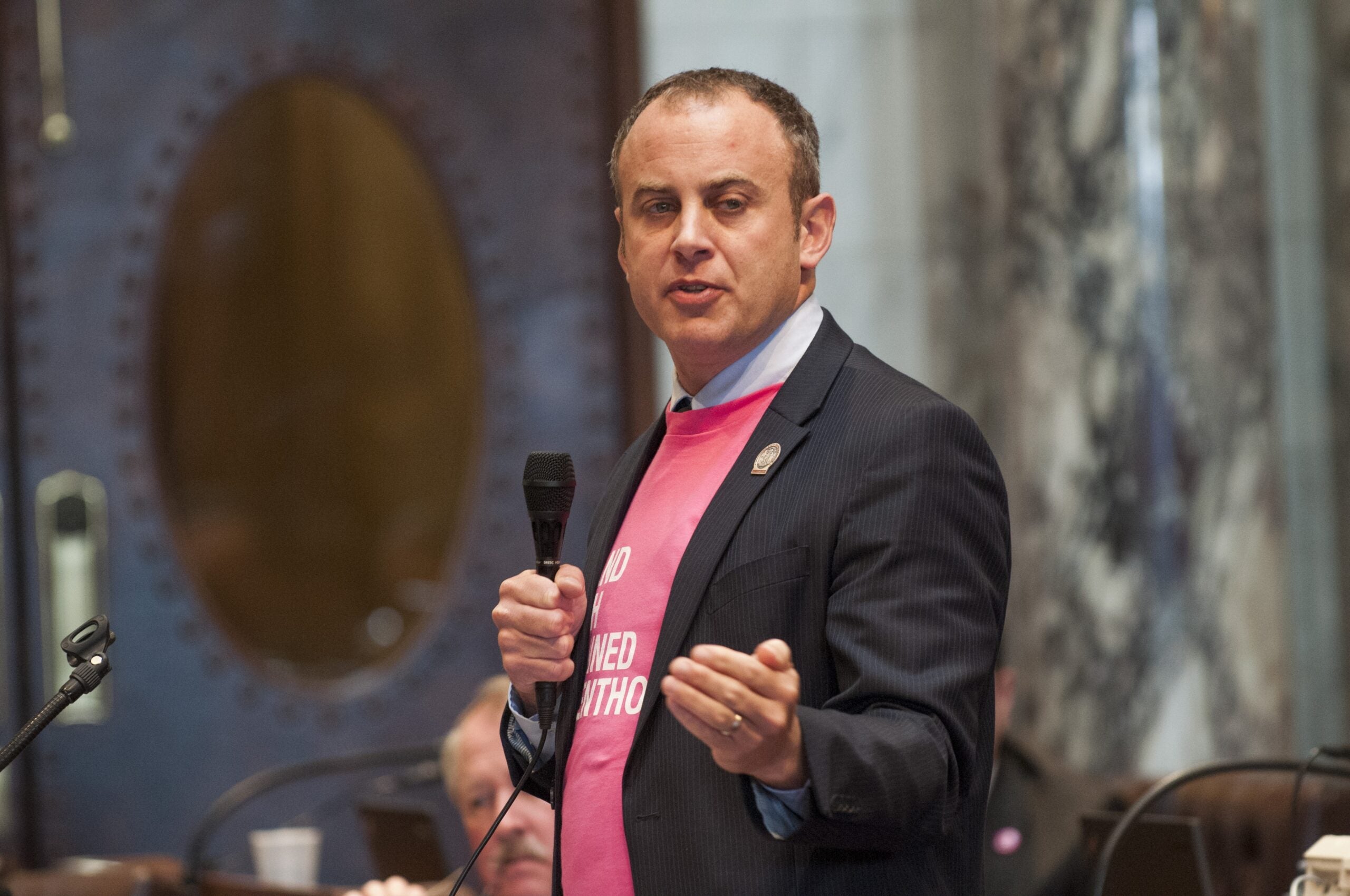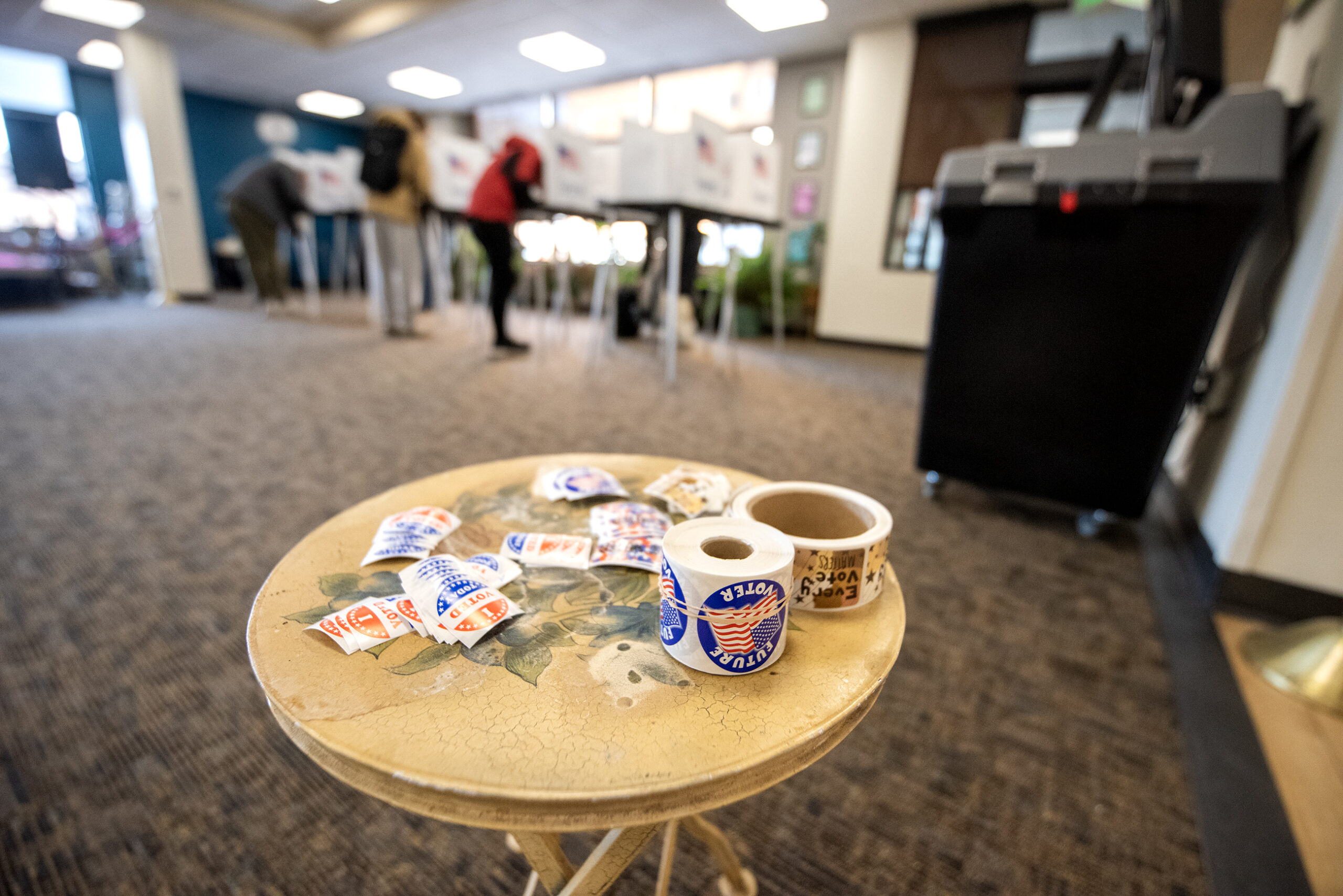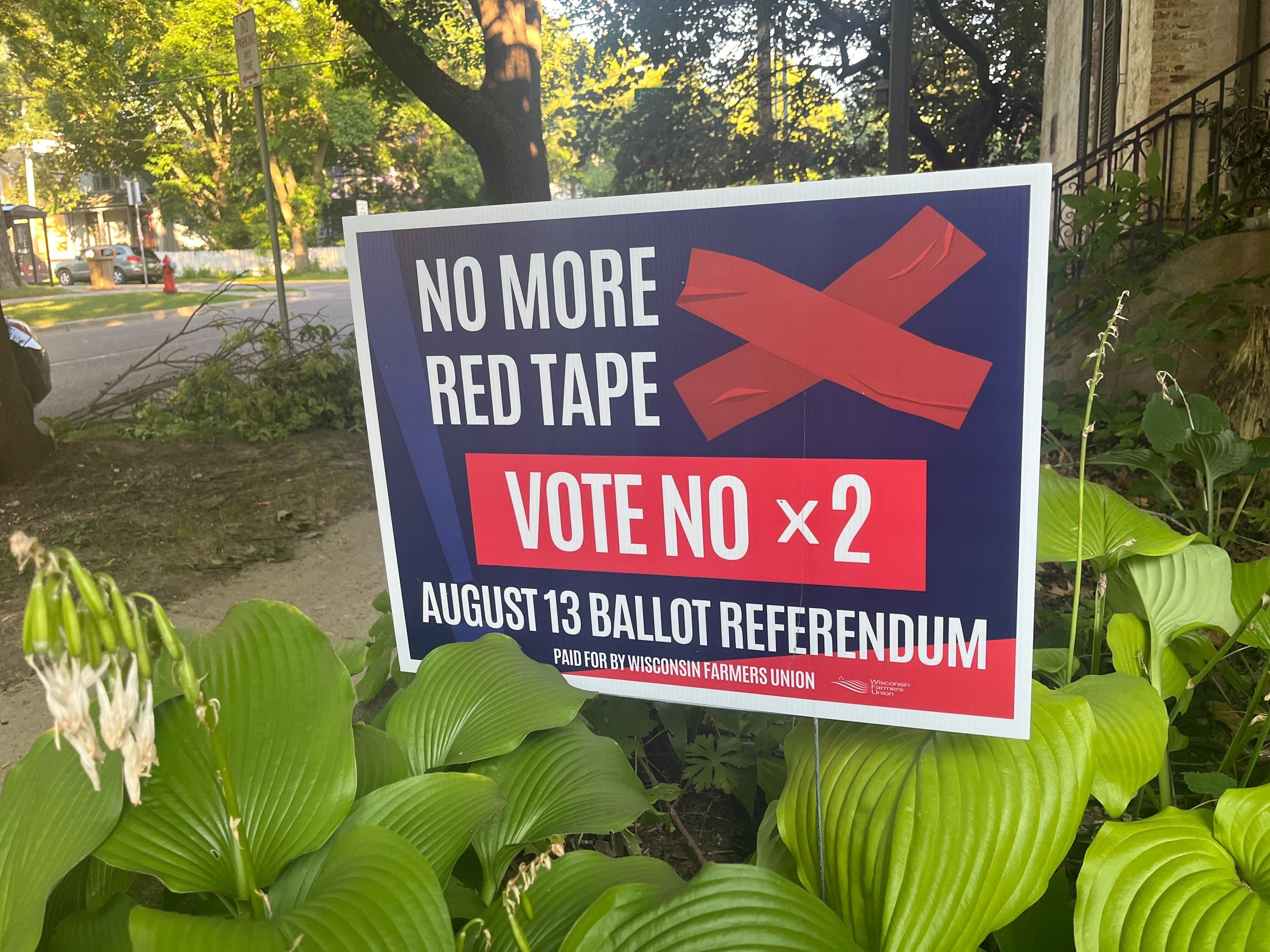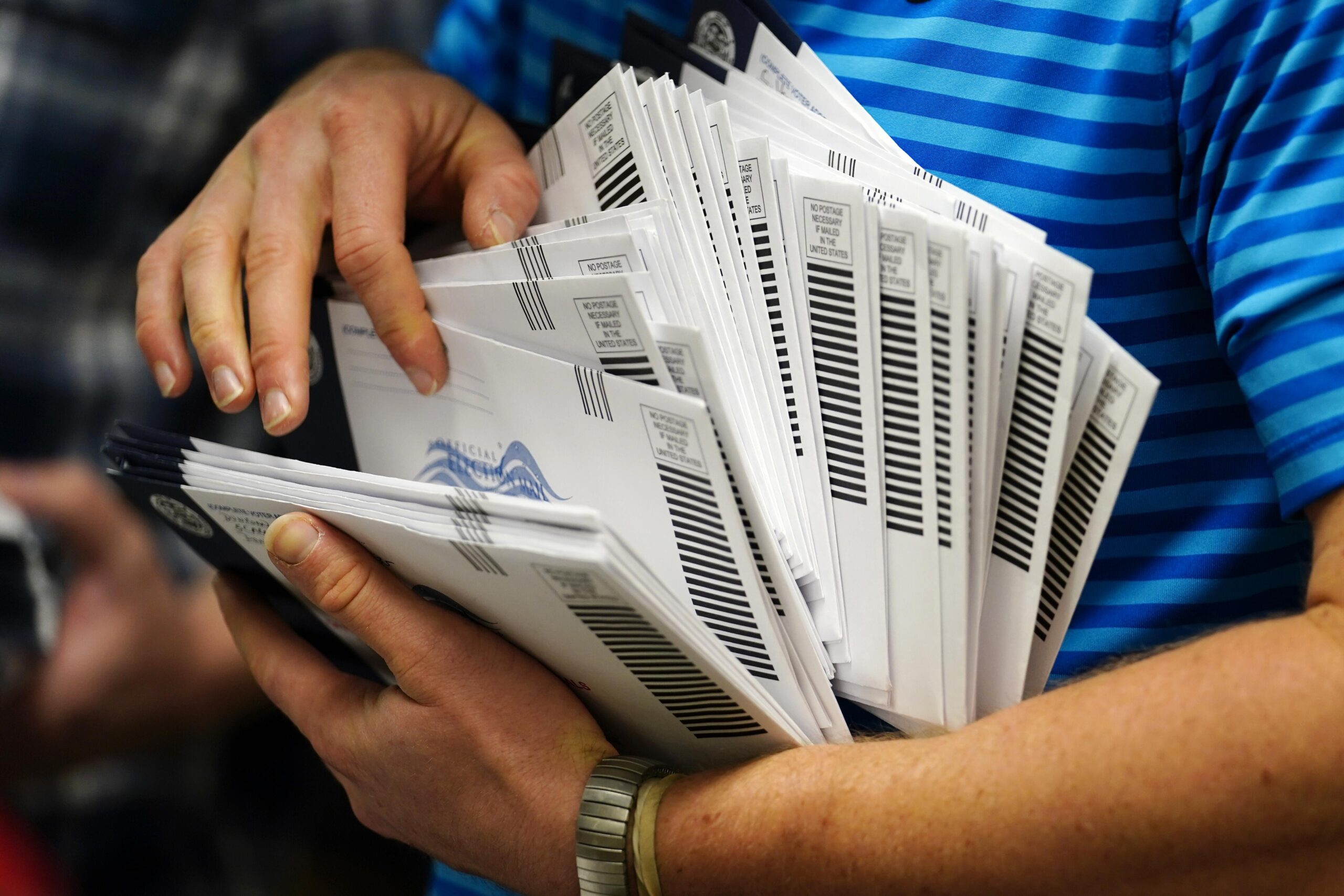The state Assembly’s top Democrat says his biggest concern about Wisconsin electing a Republican governor in 2022 would be the likely changes to how elections are run in the state.
With Democratic Gov. Tony Evers facing reelection and Republicans likely to retain majorities in both chambers of the Legislature next year, Assembly Minority Leader Gordon Hintz, D-Oshkosh, argued major changes to election administration could be on the horizon.
“The only thing that is really in the way of Republicans in our state subverting our democracy and putting partisans — themselves, in this case — in control of election administration and in approving and choosing the electors for our presidential race is Gov. Evers,” Hintz said in an interview with WPR.
News with a little more humanity
WPR’s “Wisconsin Today” newsletter keeps you connected to the state you love without feeling overwhelmed. No paywall. No agenda. No corporate filter.
Republican U.S. Sen. Ron Johnson has pushed state lawmakers to consider stripping authority from the bipartisan Wisconsin Elections Commission and giving themselves more power over how federal elections are run in the state. His call comes after a 2020 election audit from the state’s nonpartisan Legislature Audit Bureau recommended more than a dozen changes to elections commission policies and several ways in which pandemic-related guidance from the body may have conflicted with state laws.
Assembly Speaker Robin Vos, R-Rochester, who has been sharply critical of the elections commission in recent weeks, told WPR last week he didn’t see a path forward for a legislative takeover of federal elections in Wisconsin as long as Evers is in office. He said the Legislature’s lawyers believe such a change wouldn’t be possible under current state law.
“(The law) is unlikely to change with Tony Evers in the governor’s chair, and I don’t anticipate that we would even try,” Vos said.
Republican gubernatorial front-runner Rebecca Kleefisch has joined in the GOP criticism of the elections commission. Kleefisch filed a lawsuit against the commission last month, arguing the Wisconsin Supreme Court should block the commission’s 2020 guidance from being followed again. The commission has pushed back on the Republican criticism, saying auditors misunderstood or misrepresented the guidance and that much of it is no longer relevant.
Republicans also attempted to make several changes to Wisconsin voting laws earlier this year in response to GOP criticism of the 2020 election. The bills would have done things like limit the number of absentee ballot drop boxes a community could have and barred the Wisconsin Elections Commission from automatically sending absentee ballot applications or absentee ballots to voters. Evers vetoed all of the proposals.
“Never under-appreciate how important it’s been to have a leader like Gov. Evers willing to stand up and stop things from happening,” Hintz said.
Hintz said policies like those spearheaded under former Republican Gov. Scott Walker, including changes to collective bargaining rights, pale in comparison to changes to election administration in the state.
“Those were policies,” Hintz said. “Overturning the will of the voters, undermining our democracy, changing the fundamental rules … is the opposite of how a democracy is supposed to work.”
Republicans have pushed several investigations into 2020 election administration in Wisconsin over the past year, including an ongoing effort led by former Wisconsin Supreme Court Justice Michael Gableman.
In 2021, Wisconsin completed a series of routine state election audits, a presidential recount in the state’s two largest counties, and saw an election audit completed by the Legislature’s nonpartisan audit bureau. None of those reviews uncovered widespread fraud or wrongdoing. There were also numerous Republican-backed lawsuits in the state in the wake of the election, all of which have failed to result in findings of wrongdoing by election officials or voters.
President Joe Biden won Wisconsin by about 21,000 votes — a margin similar to several other razor-thin statewide elections in recent years.
Wisconsin Public Radio, © Copyright 2026, Board of Regents of the University of Wisconsin System and Wisconsin Educational Communications Board.







